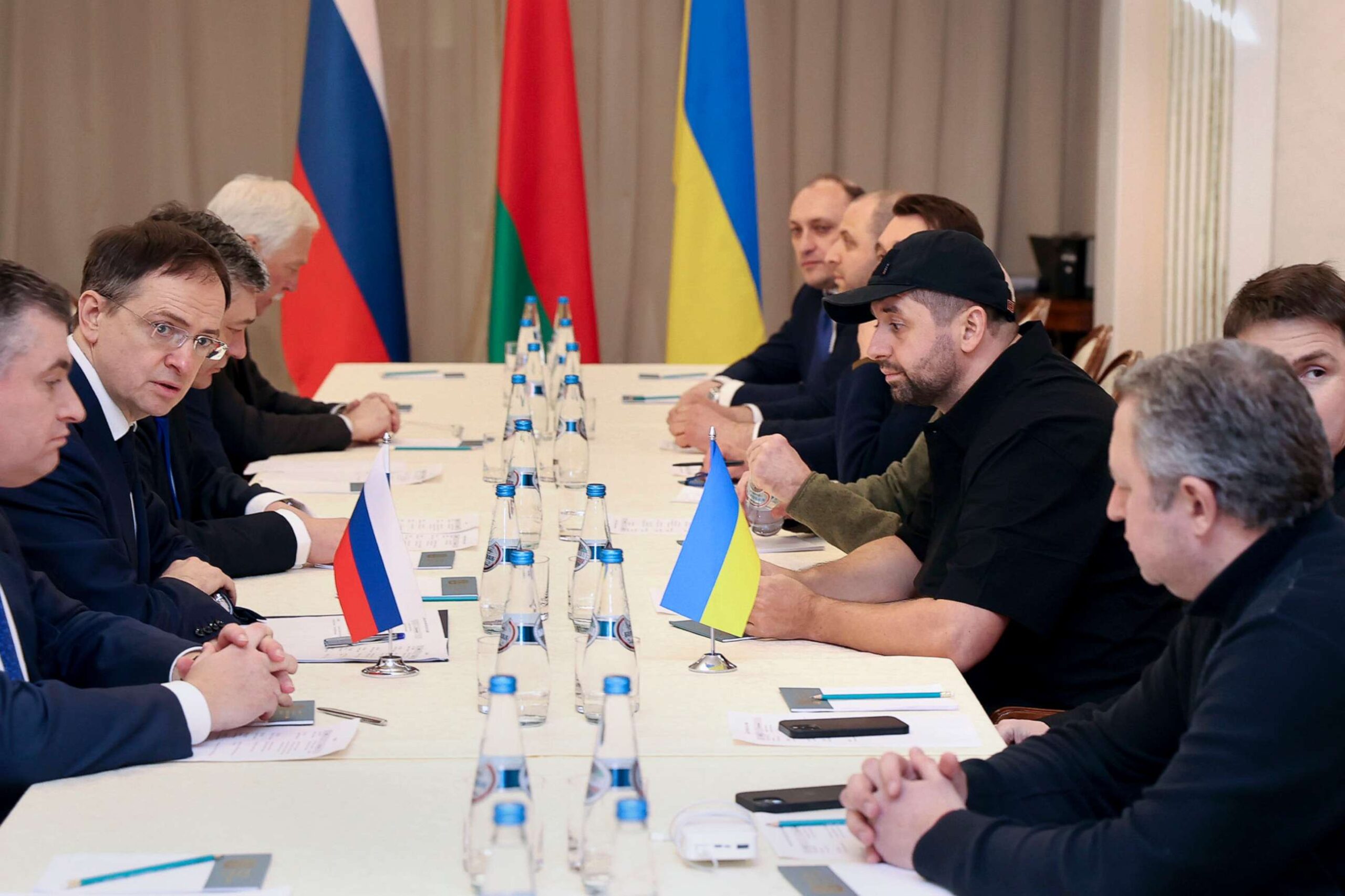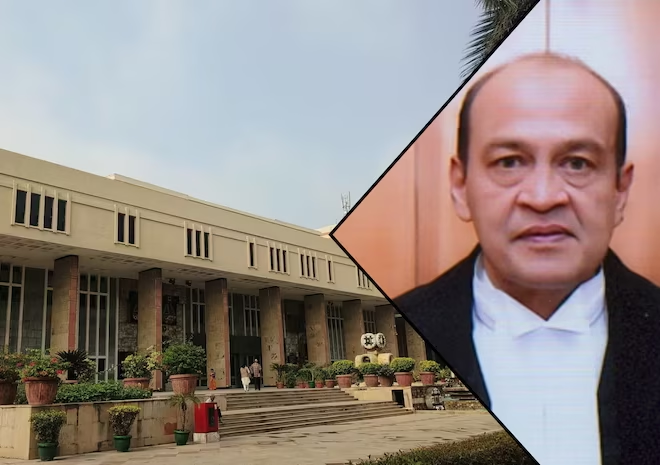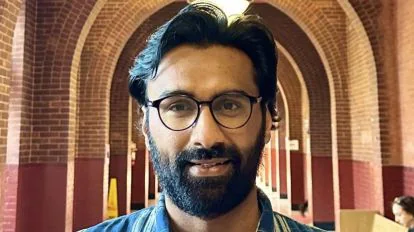
Ukraine-Russia Ceasefire: 7 Hopeful Signs from Ukraine-Russia Ceasefire Talks Amid Rising Tensions
March 19, 2025 — Ukraine-Russia ceasefire talks have resumed in Istanbul, Turkey, as international pressure mounts to end the ongoing conflict that has claimed thousands of lives and displaced millions. Despite months of stalemates and continued fighting, both sides have signaled a cautious willingness to negotiate under the mediation of Turkish President Recep Tayyip Erdoğan and representatives from the United Nations and the European Union.
1. Tentative Progress in Ukraine-Russia Ceasefire Talks
Officials close to the negotiations reported that the latest round of Ukraine-Russia ceasefire talks has produced tentative agreements on several key issues, including a potential withdrawal of Russian troops from eastern Ukraine and the establishment of a demilitarized zone along the contested border areas.
“We are making progress, but significant hurdles remain,” said Ukraine’s Foreign Minister Dmytro Kuleba. “Our priority is to protect Ukrainian sovereignty and secure peace for our people.”
Russian Foreign Minister Sergey Lavrov confirmed that Moscow is open to discussing a phased withdrawal of troops but insisted that Ukraine must commit to neutrality and refrain from joining NATO.
“Russia’s security concerns must be addressed for any ceasefire to hold,” Lavrov stated.
2. Prisoner Exchange Agreement Reached
One of the key breakthroughs in the ongoing Ukraine-Russia ceasefire talks is an agreement on a large-scale prisoner exchange. Ukrainian officials confirmed that over 500 prisoners of war from both sides are set to be released within the next two weeks.
“This is a humanitarian gesture that we hope will build trust between both sides,” said UN envoy Martin Griffiths (UN).
Ukrainian President Volodymyr Zelensky called the agreement “a step in the right direction,” but reiterated that a full ceasefire is necessary to stop further casualties.
3. Humanitarian Corridors to Be Opened
Both parties have also agreed to establish three humanitarian corridors to allow the evacuation of civilians from the heavily bombed cities of Kharkiv, Mariupol, and Donetsk.
“Civilians must be protected at all costs,” said Turkish President Erdoğan. “We will work closely with the United Nations and Red Cross to ensure that humanitarian aid reaches those in need.”
The International Red Cross (ICRC) has confirmed that teams are preparing to facilitate evacuations and deliver emergency supplies, including food, water, and medical aid.
4. NATO’s Role in the Ukraine-Russia Ceasefire Talks
NATO Secretary-General Jens Stoltenberg welcomed the progress in the Ukraine-Russia ceasefire talks but warned that Russia’s military build-up along Ukraine’s eastern border remains a major concern.
“We support Ukraine’s sovereignty and territorial integrity,” Stoltenberg said. “Any peace agreement must respect Ukraine’s independence and security.”
Stoltenberg also confirmed that NATO will maintain its current troop presence in Eastern Europe as a deterrent against further Russian aggression (NATO).
5. U.S. and European Union Back Diplomatic Efforts
U.S. Secretary of State Antony Blinken praised the progress in the Ukraine-Russia ceasefire talks but emphasized that Washington will continue to provide military and economic support to Ukraine until a final peace agreement is reached.
“Ukraine has the right to defend itself,” Blinken said. “We will continue to support Ukraine while working toward a peaceful resolution.”
The European Union (EU) echoed this sentiment, with High Representative Josep Borrell stating that the EU is prepared to lift certain sanctions against Russia if a lasting ceasefire is achieved.
“Our goal is peace, but Russia must demonstrate a genuine commitment to ending hostilities,” Borrell said.
6. Russian Demands and Ukrainian Conditions
Russia has reiterated its demand that Ukraine officially recognize Crimea as Russian territory and grant autonomy to the separatist regions of Donetsk and Luhansk.
“Without these guarantees, peace will not be possible,” Lavrov said.
Ukraine, however, has rejected these demands, insisting that any peace agreement must uphold its territorial integrity.
“Crimea is part of Ukraine, and we will not compromise on that,” said Zelensky.
7. Potential Roadblocks to a Final Agreement
Despite the progress in the Ukraine-Russia ceasefire talks, significant challenges remain. Ukrainian officials have accused Russian forces of continuing to launch attacks on civilian infrastructure even as the talks proceed.
“Trust is fragile,” said Kuleba. “We need concrete actions from Russia, not just promises.”
Western analysts warn that any ceasefire could be undermined by hardline factions within both the Russian and Ukrainian governments, as well as ongoing military operations in disputed regions.
International Response to Ukraine-Russia Ceasefire Talks
The United Nations and key world leaders have welcomed the resumption of Ukraine-Russia ceasefire talks but stressed that a lasting peace will require sustained diplomatic effort.
UN Secretary-General António Guterres called the talks “an important step toward peace,” but warned that the humanitarian crisis in Ukraine remains severe.
“Millions of Ukrainians are facing food shortages, lack of medical care, and displacement,” Guterres said. “The international community must act swiftly to prevent further suffering.”
Chinese President Xi Jinping also expressed support for the talks, offering to host further negotiations in Beijing if necessary.
“Dialogue is the only path to peace,” Xi said. “We encourage both sides to continue working toward a peaceful resolution.”
Uncertain Future
While the Ukraine-Russia ceasefire talks represent the most significant diplomatic breakthrough in months, both sides remain deeply divided on core issues. The coming weeks will be critical in determining whether the tentative agreements reached in Istanbul can hold or if the conflict will escalate further.


